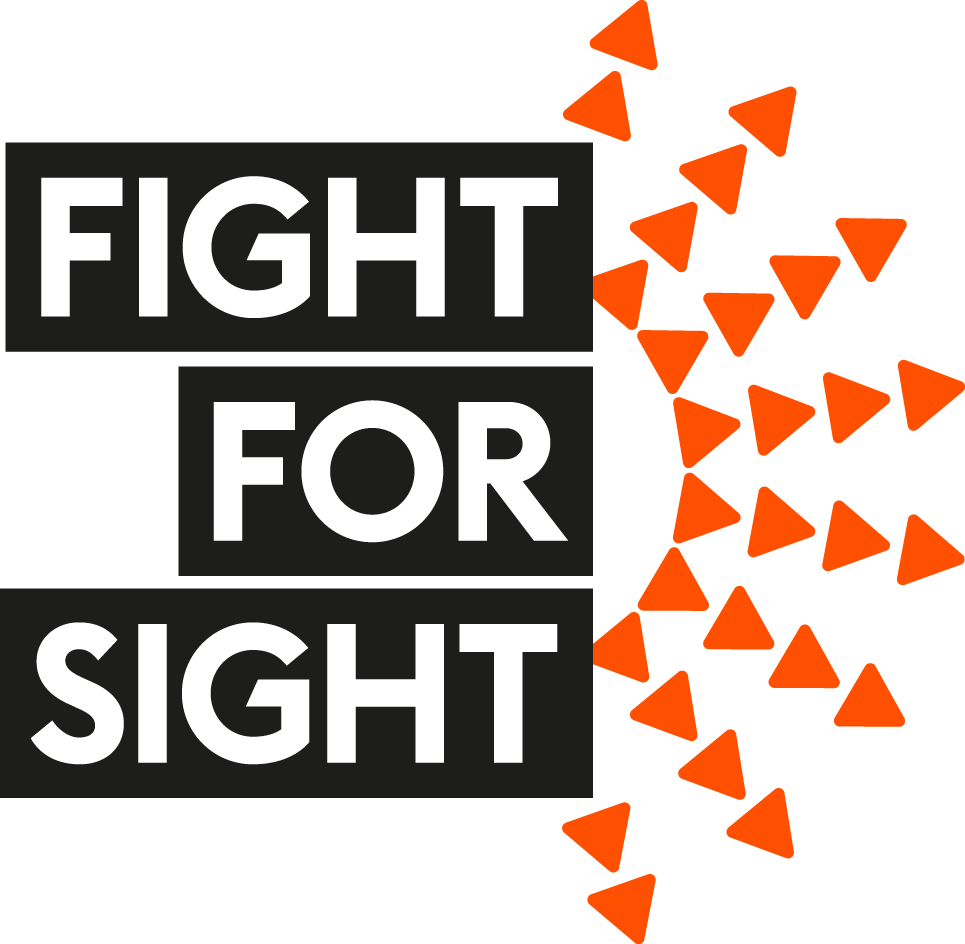Fight for Sight funded study could prevent or delay sight loss in children with rare condition
Researchers are investigating how to halt the progression of a rare inherited disorder which in most cases leads to complete blindness in young people by the time they reach their teenage years.
Bardet-Biedl syndrome is a disorder with a range of symptoms and signs, including obesity and kidney disease. Sight loss begins in early childhood and worsens over the following decade so few patients have any vision by the time they’re in their 30s.
The sight loss happens because photoreceptor cells in the light-sensitive layer of the eye (the retina) die. So far, 22 genes have been found to cause Bardet-Biedl syndrome (BBS), although the BBS1 gene is the most prominent.
There is currently no known cure. However, early-stage research which looked at the death of these cells and how this can be prevented or delayed via treatment with gene therapy, has now completed with promising results. Researchers are now studying how to translate the results to the human setting, which could soon mean preparing clinical trials for affected patients.
The research could result in children with Bardet-Biedl syndrome being able to maintain their sight much longer, and into adulthood, rather than becoming completely blind in their teens. And for children yet to show symptoms of BBS, it could mean preventing sight loss altogether.
In a bid to find out more about when and how to give treatment, Professor Philip Beales and his team will deliver a functioning copy of the BBS1 gene into BBS1 mutant retinas.
Turning lives around
Philip Beales is Professor of Medical and Molecular Genetics at UCL Great Ormond Street Institute of Child Health. He told us: “If successful, this project is the last step before starting a clinical trial. Even if disease progression cannot be halted entirely, a delay in vision loss, resulting in a preservation of significant daytime visual acuity [ability to distinguish shape and detail] until the mid to late thirties, will greatly improve patients’ independence and quality of life.”
Keith Valentine, Chief Executive of Fight for Sight, said:
“A new gene therapy treatment that would delay or prevent further sight loss in children with Bardet-Biedl syndrome would turn lives around. We are excited to back leading-edge science with the potential to give children the chance to reach adulthood with all or most of their vision intact.”
About Bardet-Biedl syndrome
BBS symptoms and signs include obesity and kidney disease. Cells (photoreceptors) in the retina break down leading to sight loss in childhood, with eventual blindness in the teens.
According to Bardet-Biedl Syndrome UK, over 600 people are known to be affected, and approximately 1 in every 40,000 babies are born with the condition.
BBS is a recessively inherited disorder – in most cases, both parents carry a normal gene and a faulty recessive gene.
There currently isn’t a cure. However, children with BBS benefit from physical therapy, occupational therapy, speech therapy and vision services, with access to NHS specialised multidisciplinary teams at four centres in London and Birmingham.

